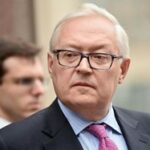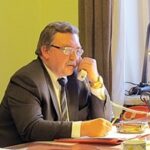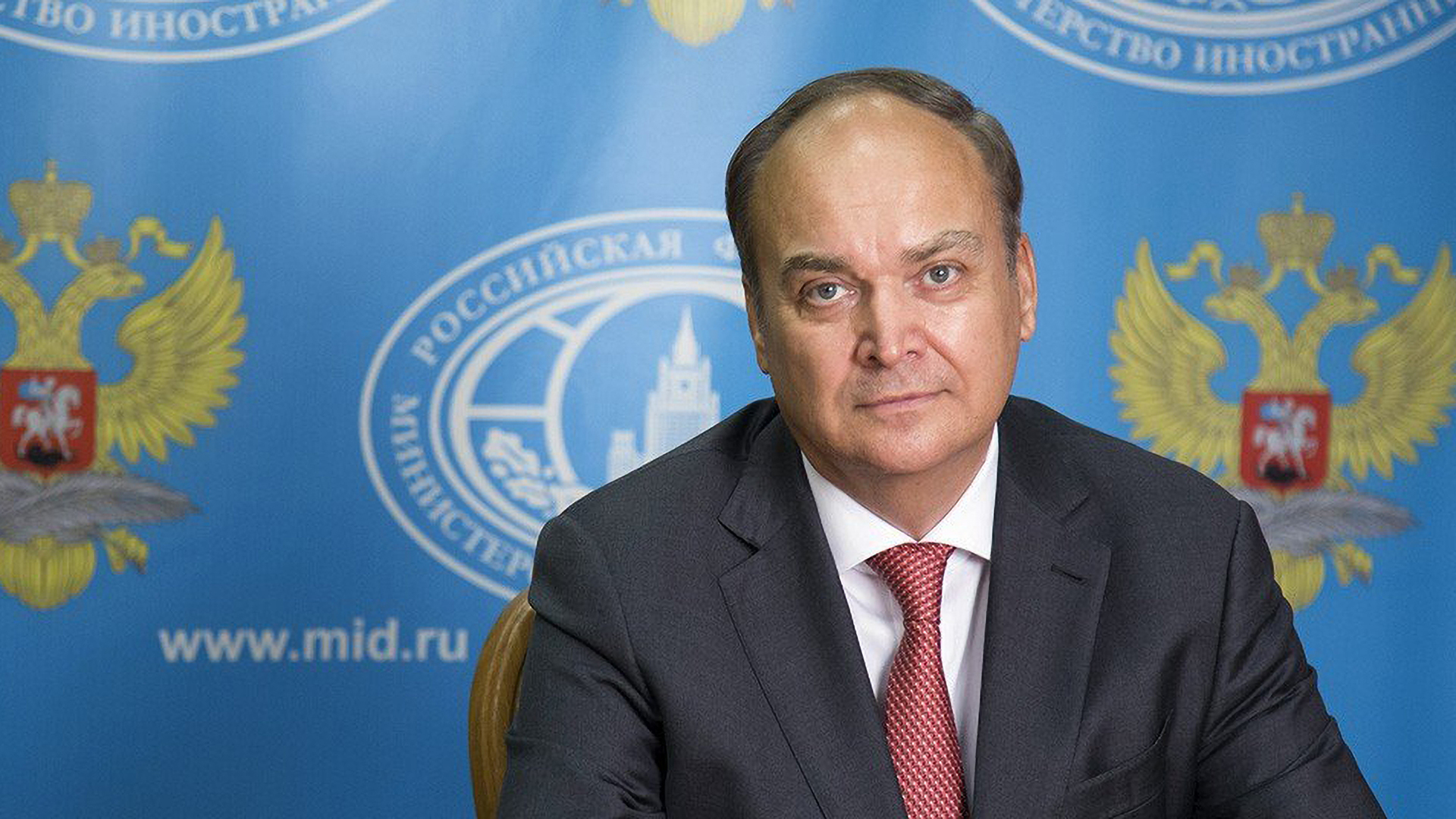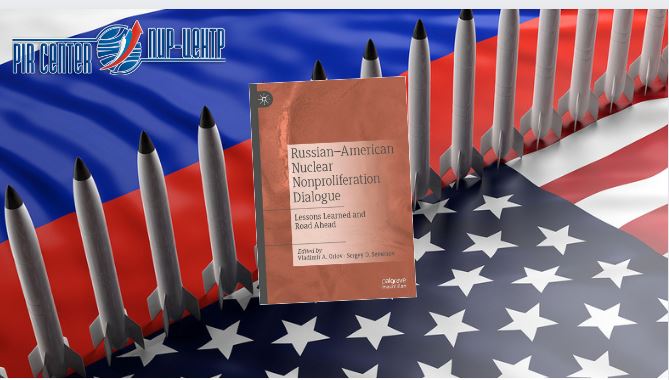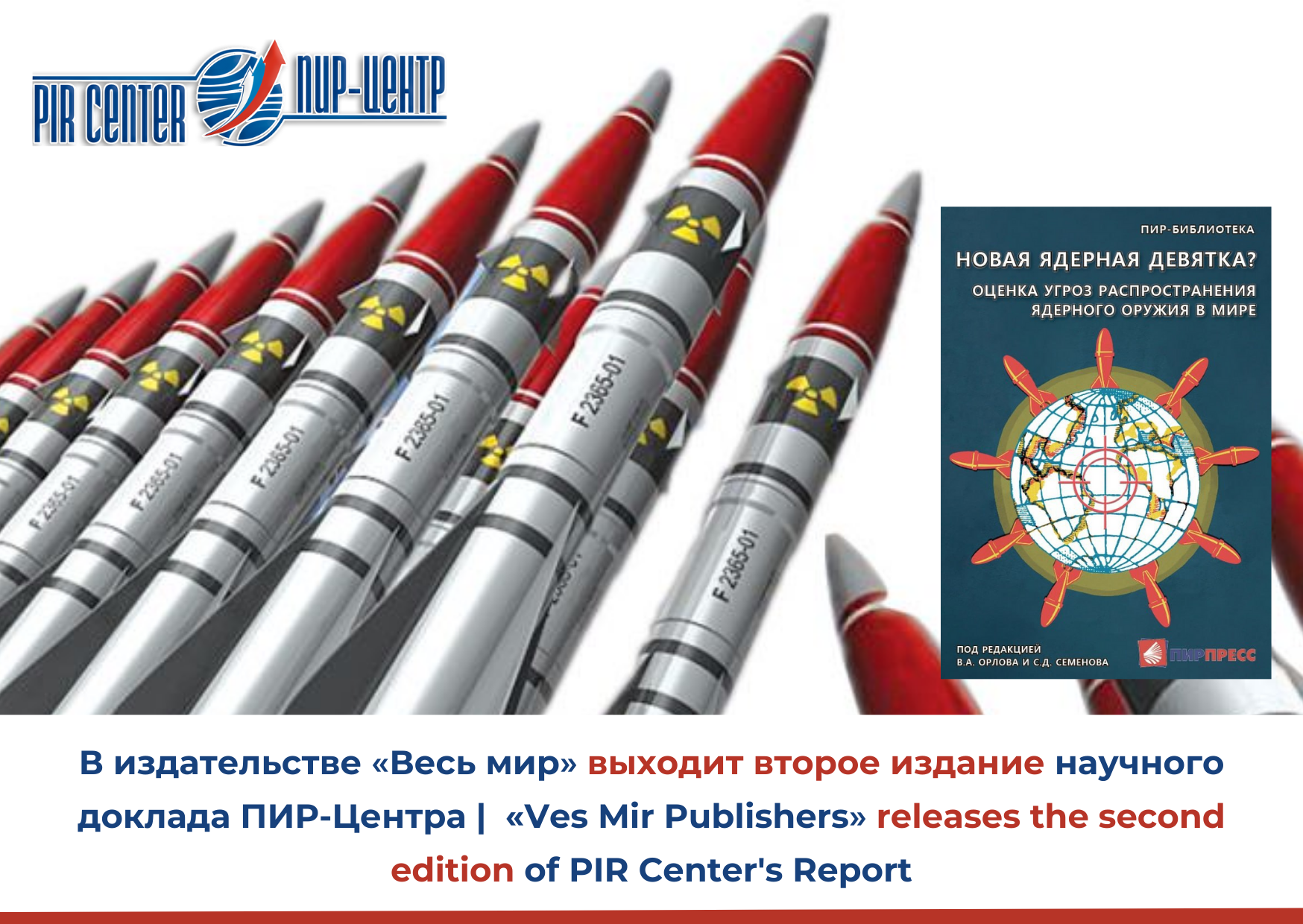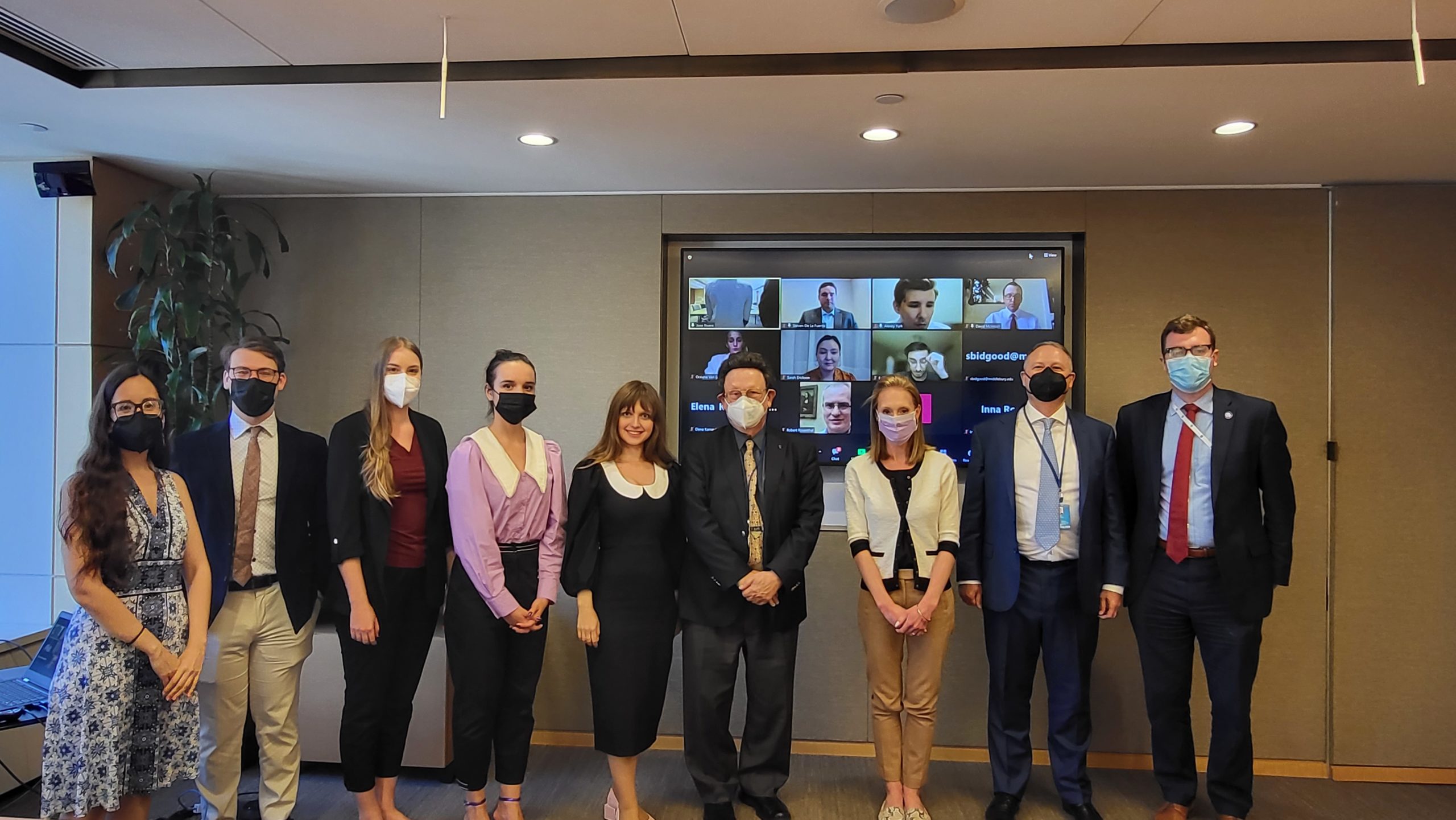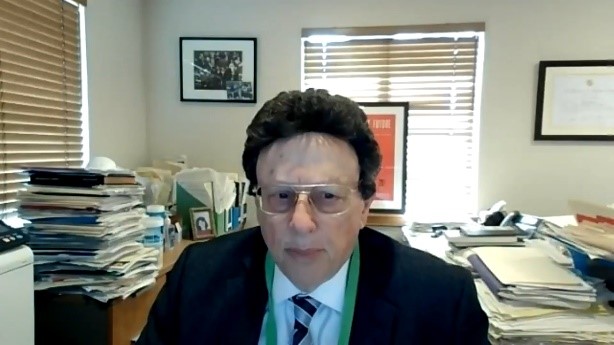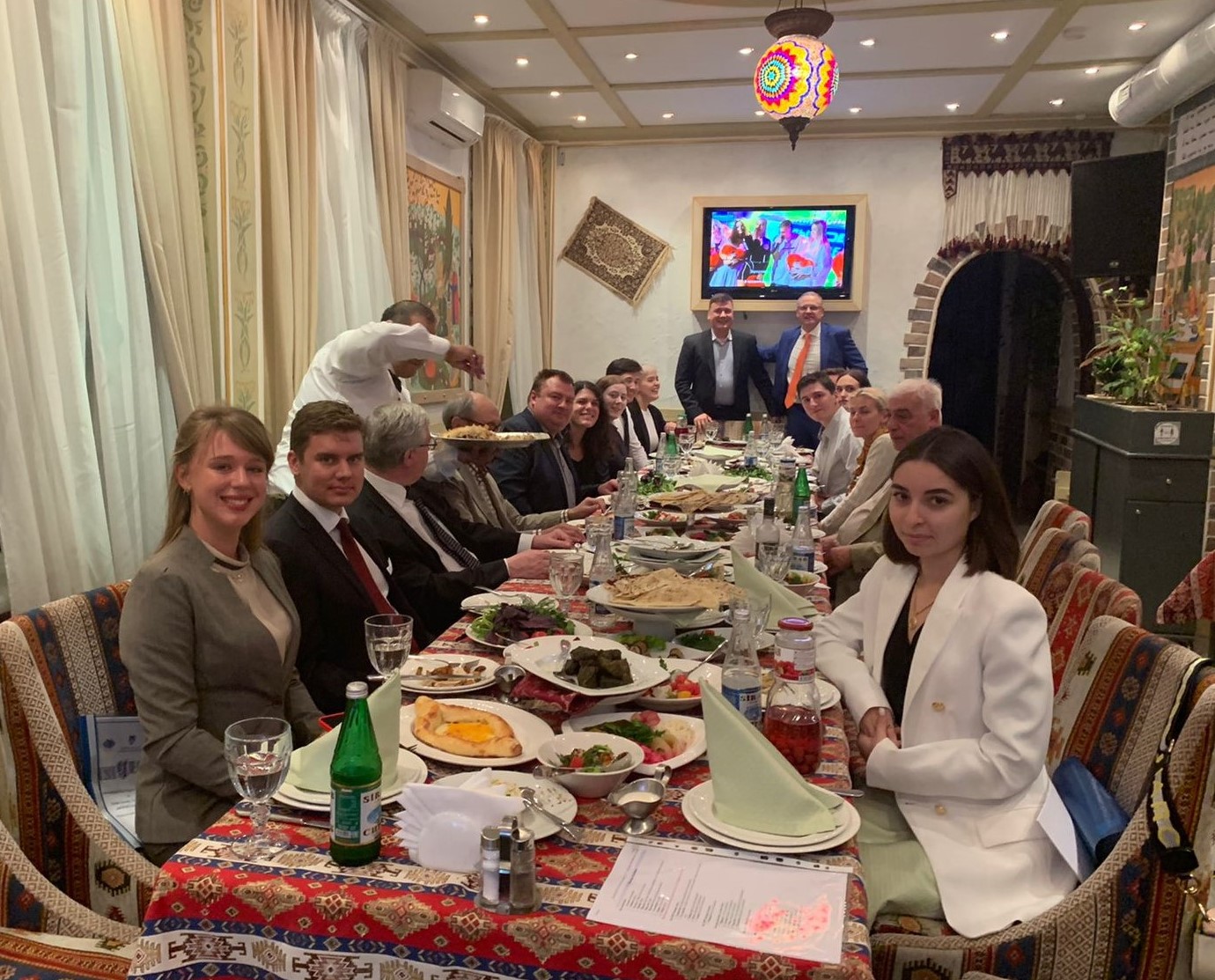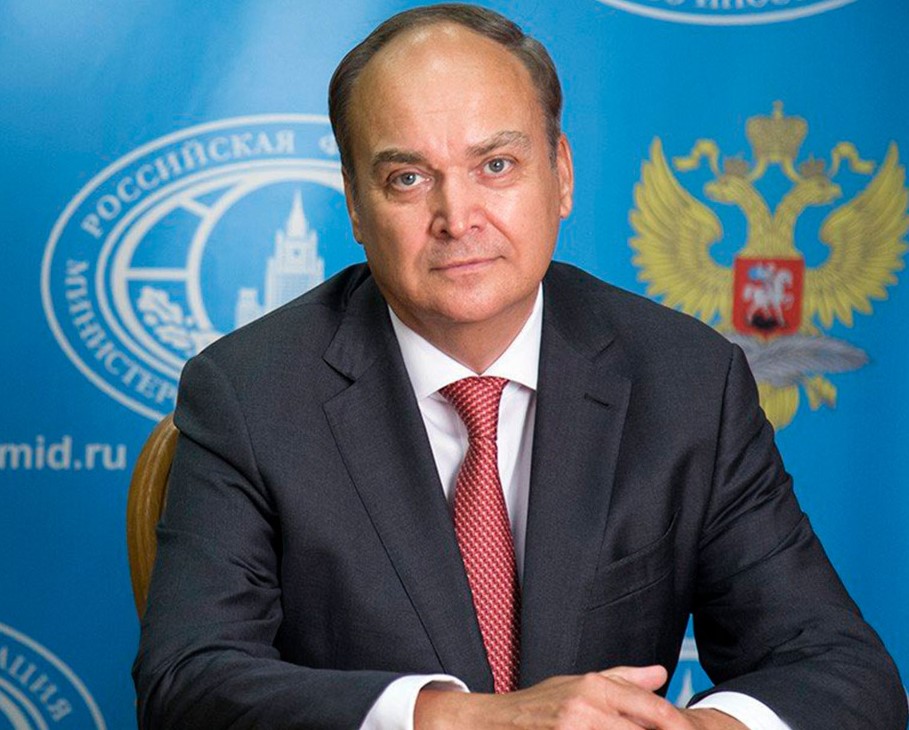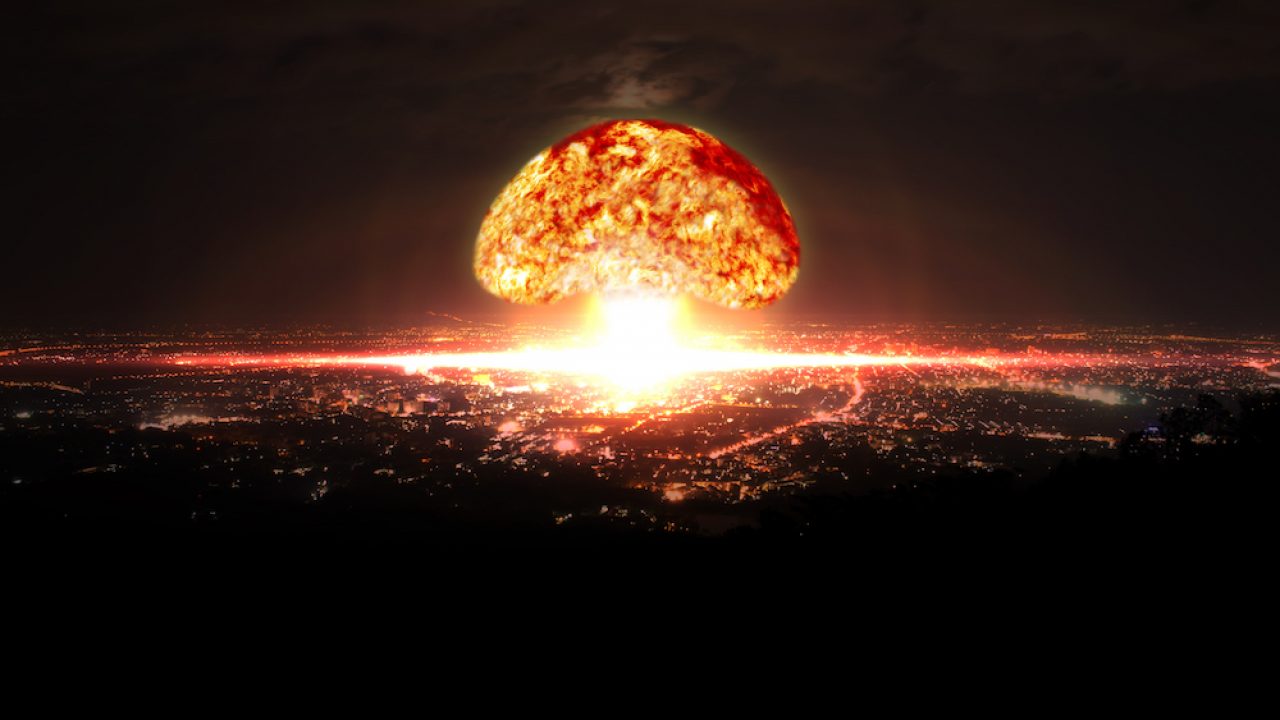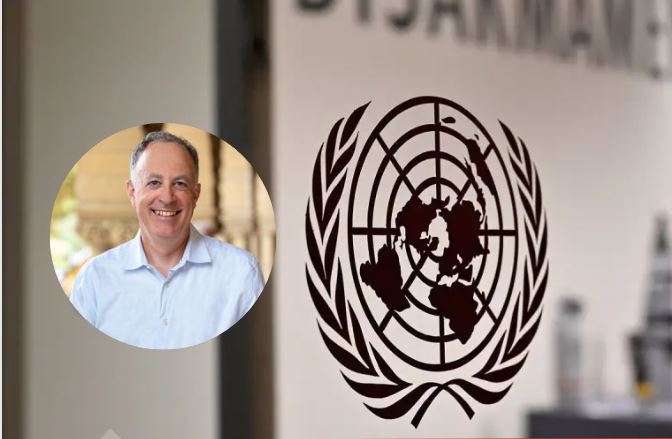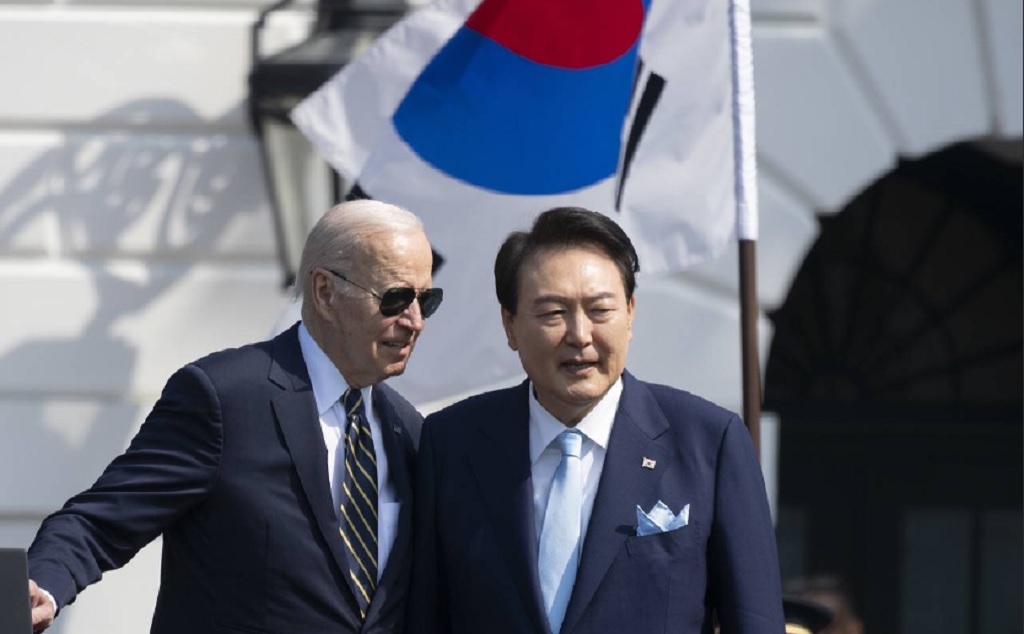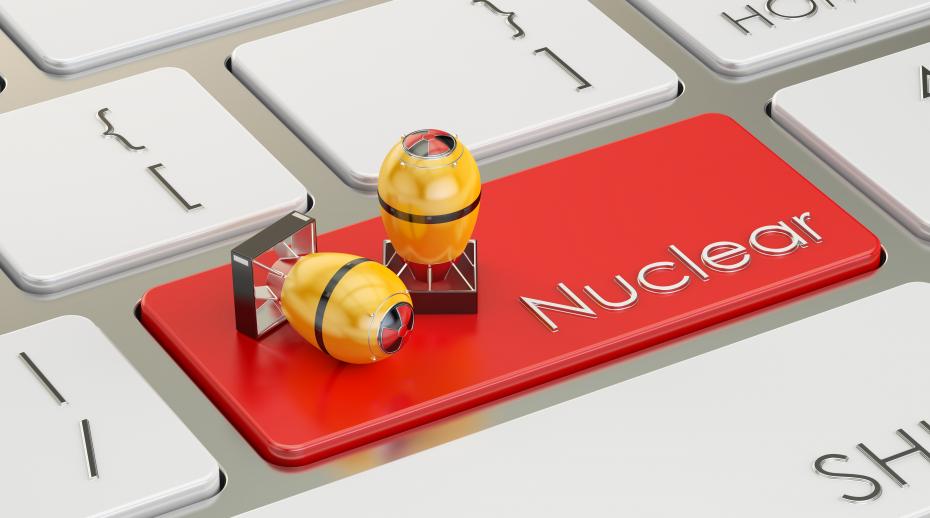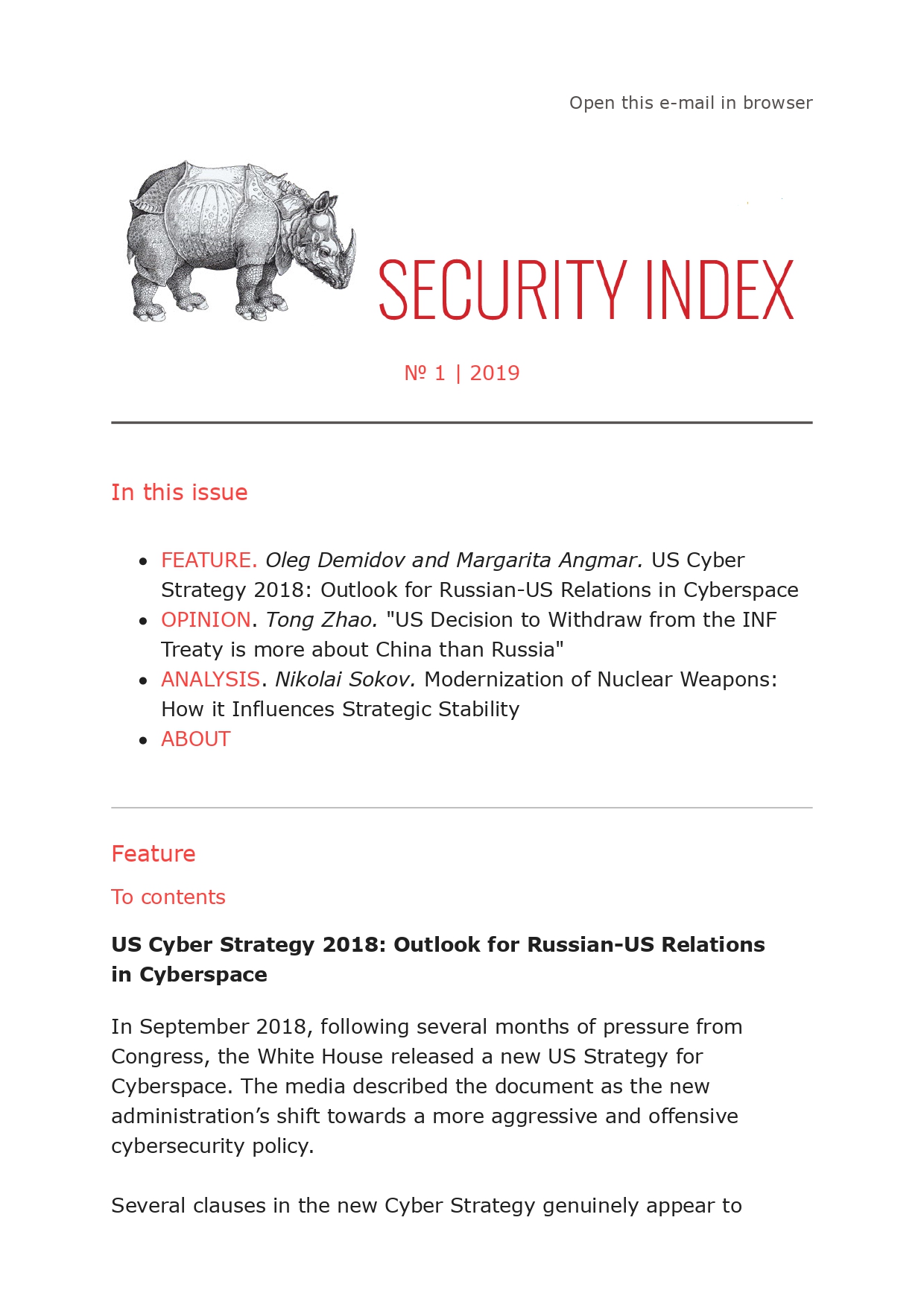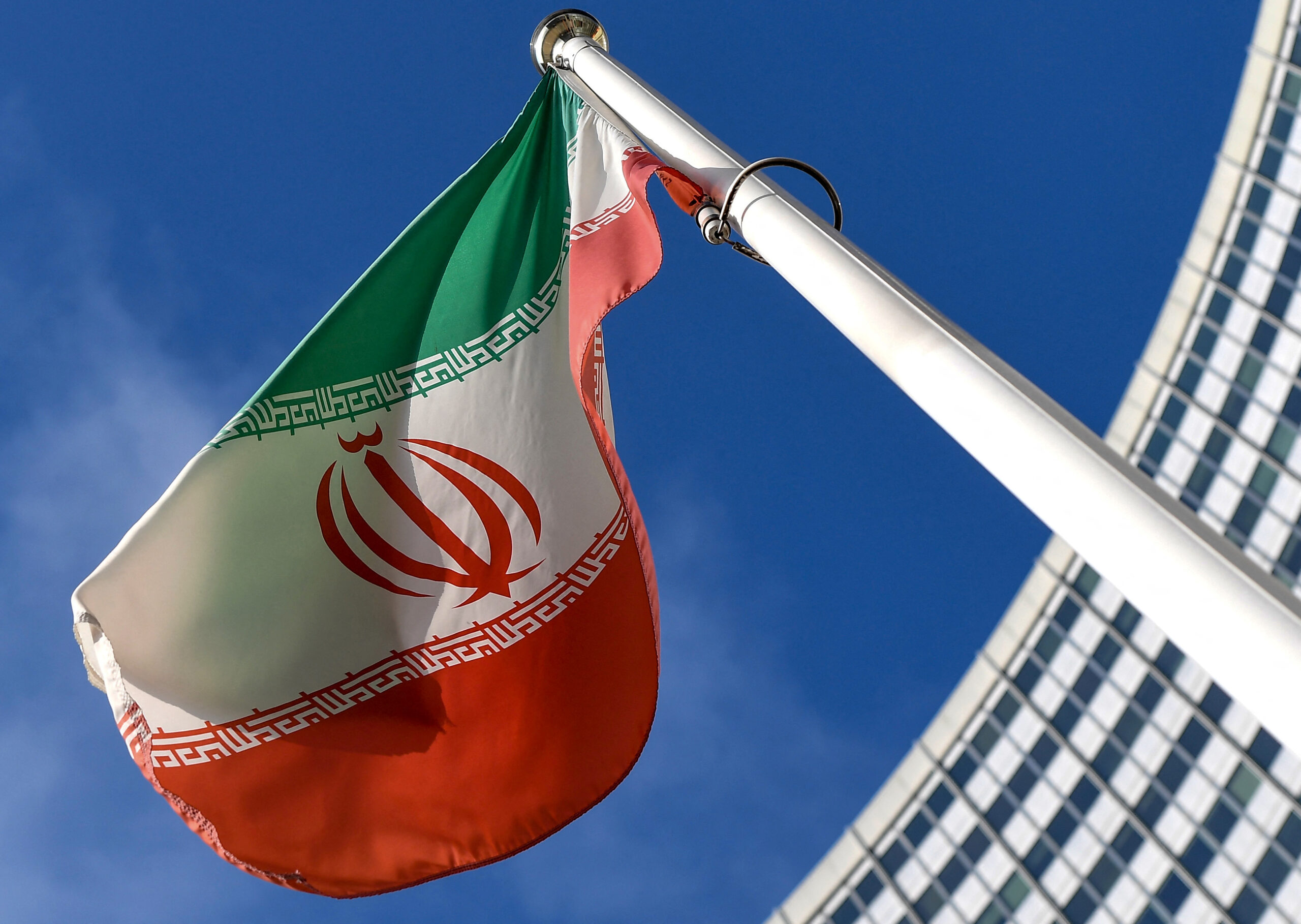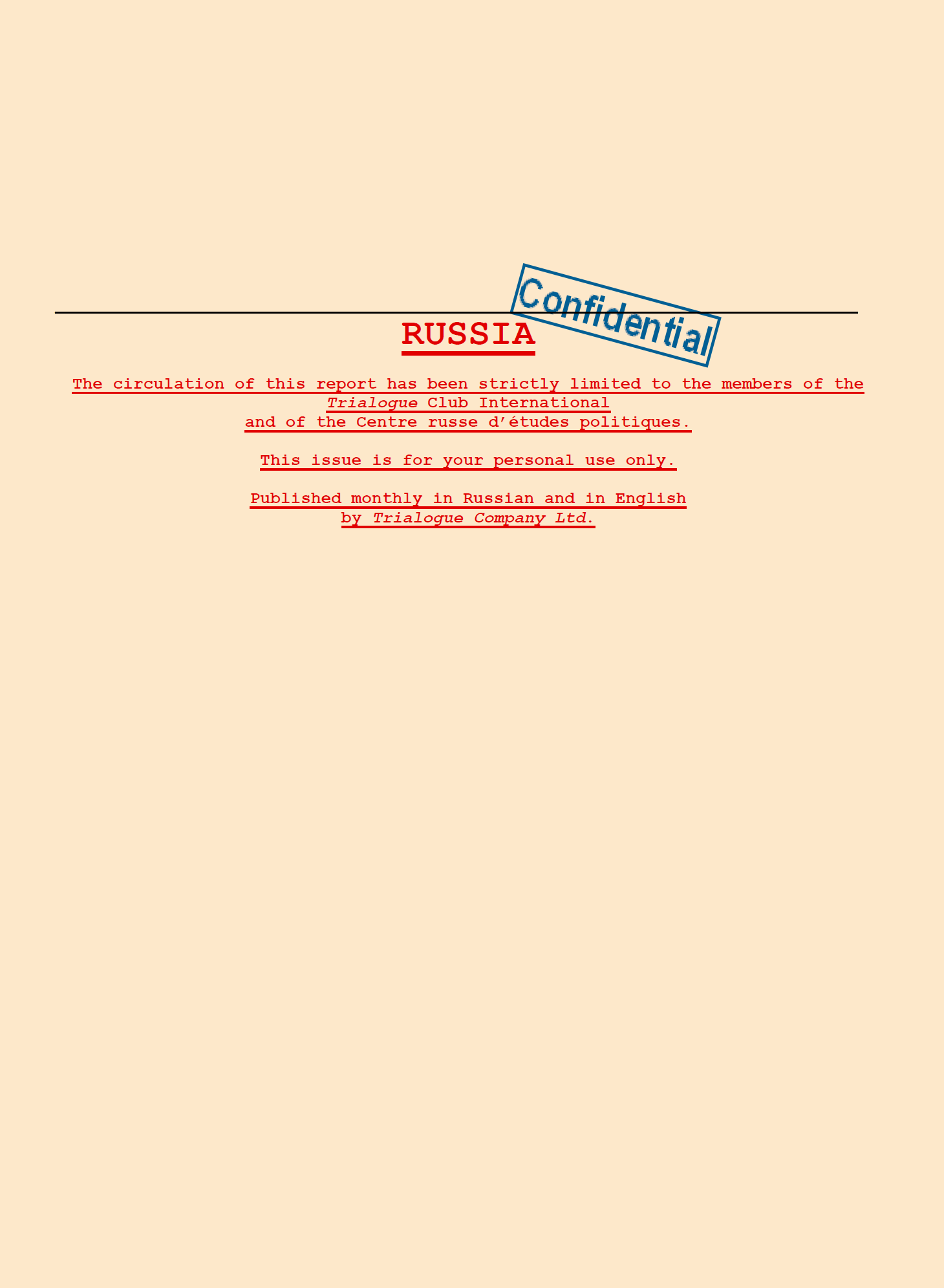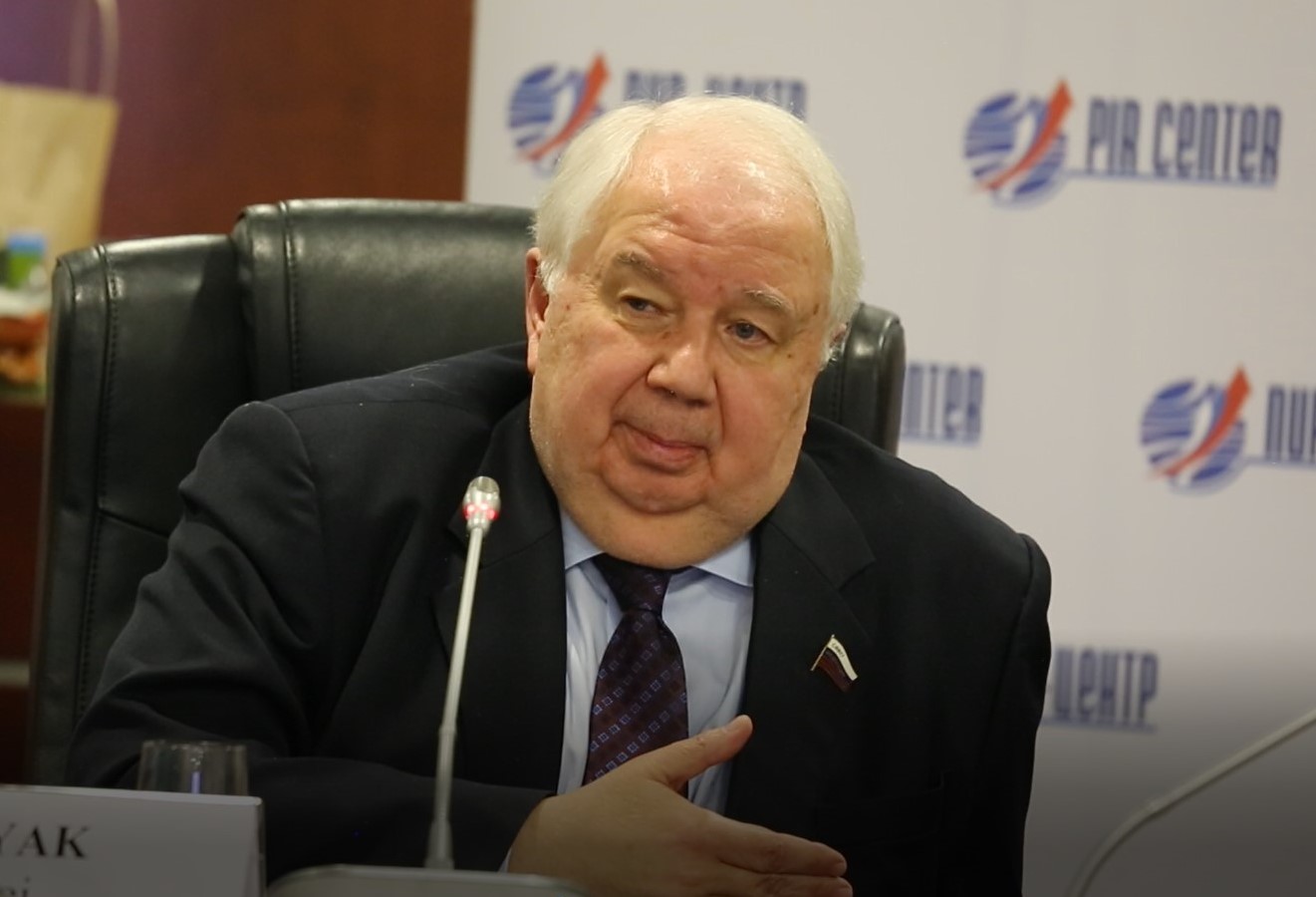Russian-American dialogue on global security issues has been among PIR Center’s priorities for many years. With the current deteriorating state of bilateral relations, the importance of such dialogue between the two countries has been growing over the past few years, a trend that will likely remain valid for many years ahead.
From 2010 to 2014, PIR Center and the Ploughshares Foundation established the Council for Sustainable Partnership with Russia (SPSR). The main goal of the Council was to promote efforts to establish a stable and long-term partnership between the Russian Federation and the United States on two key international security issues: nuclear nonproliferation, arms control, and nuclear disarmament.
On February 2-3, 2011. The Council held a regular meeting in Gstaad, Switzerland, to discuss next steps in nuclear disarmament. They also considered ways to improve cooperation between Russia and the United States on the most urgent issue of regional nuclear nonproliferation – the Middle East. During the Council meeting, several recommendations were formulated and forwarded to the presidents of the Russian Federation and the United States for their consideration.
On December 6-7, 2011, PIR Center in cooperation with the Ploughshares Fund held a regular meeting on “The Future of the U.S.-Russia Strategic Dialogue: Leaving Deterrence Behind, Building a Sustainable Agenda” in Washington, DC. Rose Gottemoeller, U.S. Deputy Secretary of State, Gary Seymour, U.S. Special Representative of the President for Arms Control and Terrorism, and Sergey Kislyak, Russian Ambassador Extraordinary and Plenipotentiary to the United States, also featured remarks during the session.
In 2016, PIR Center in cooperation with the James Martin Center for Nonproliferation Studies in Monterey, USA, and the Centre russe d’etudes politiques in Geneva, Switzerland, continued to promote dialogue in the “halfway house” format between Russia and the US by forming a Russian-American working group on the NPT review process. In 2017, the dialogue was expanded to include a working group on strategic stability and de-escalation in U.S.-Russian relations. The working groups were designed to support constructive dialogue between the two countries on arms control, modernizing nuclear arsenals, and maintaining a common strategic stability architecture in light of new security factors. The final report of the working group is available via the link.
In 2019-2021 bridge-building activities between Russian and U.S. approaches to strategic stability continued into PIR Center and Center for Strategic and International Studies (CSIS) joint seminars titled How to reduce the risks of nuclear confrontation in an era of great power rivalry? The expert dialogue explored the parties’ concerns over missile defense, risks of “weaponization” of outer space, cyber threats and potential of military use of artificial intelligence, verification and possibility of involving other states in nuclear arms control.
Starting from 2021, PIR Center has been conducting active research work in order to develop recommendations for the further development of the Russian-American strategic dialogue. The result of this work is scientific notes and articles in leading domestic and foreign journals, as well as educational and outreach projects implemented on the basis of PIR Center and partner organizations.
In addition, in October 2022, the authoritative Palgrave Macmillan publishing house released the second edition of the monograph “Russian-American Nuclear Nonproliferation Dialogue: Lessons Learned and Road Ahead“, dedicated to various aspects of the bilateral partnership between Moscow and Washington from 1960 to the present day.
Despite the fact that the bilateral dialogue between Russia and the United States is seriously complicated in the current geopolitical conditions, PIR Center continues to work within the framework of second-track diplomacy based on the position and priorities of the Russian Foreign Ministry.
We closely follow and appreciate the multidimensional professional activities of PIR Center, which you lead, in the field of nuclear nonproliferation and arms control. We are grateful for your efforts to maintain the U.S.-Russian expert dialogue in this area, which has not lost its relevance over time. I wish PIR Center, without losing momentum, to continue its research, guided by the unifying principles that cement U.S.-Russian relations and contribute to deepening equal and constructive interaction between our countries, based on common interests and the principle of common and indivisible security.
Sergey Ryabkov
Deputy Foreign Minister of the Russian Federation
First of all, let me express my gratitude to PIR Center for its active and regular efforts to generate ideas on topical issues of the strategic agenda in the U.S.-Russian dialogue.
Mikhail Ulyanov
Permanent Representative of the Russian Federation to International Organizations in Vienna


